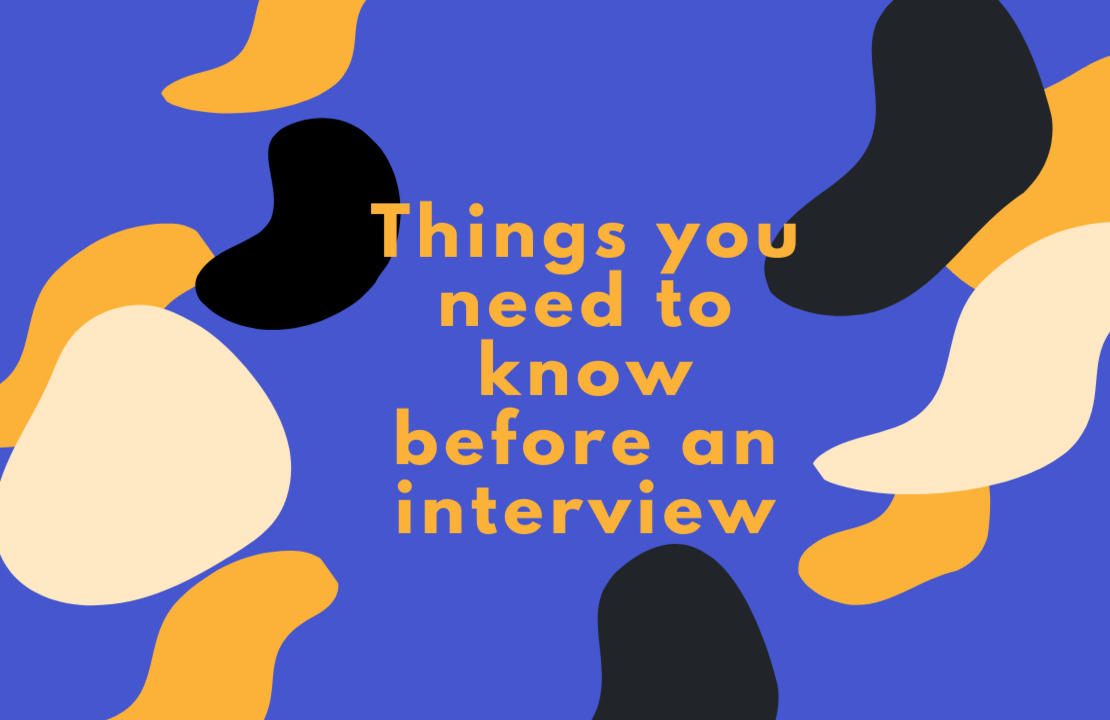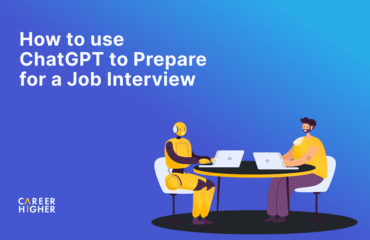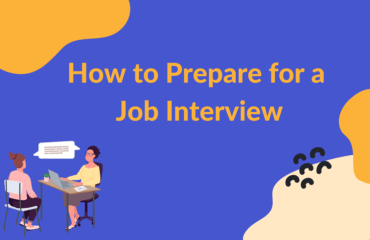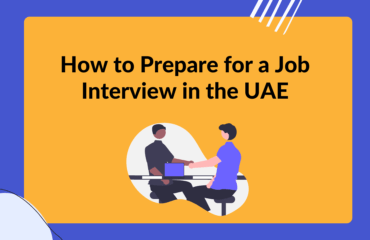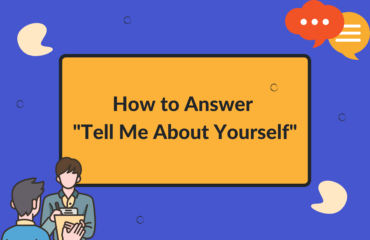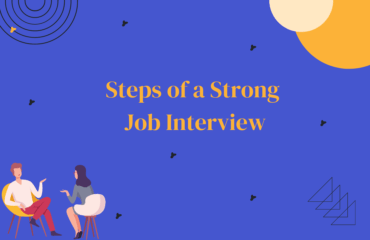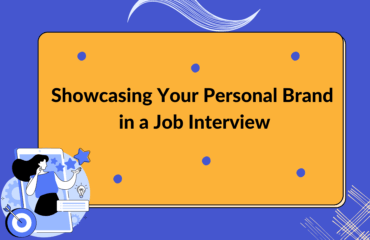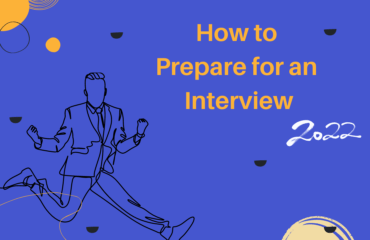Table of Contents
One of the most valuable interview preparation tips is to thoroughly scan both the company and the hiring manager before your live interview. You probably have already checked the company before applying and this gives you a strong heads up of what is coming. The process we are about to describe in the following lines takes place the week before the interview and it is more about what you should focus on these crucial days. And remember, the better you prepare the less stressed you will be during the actual interview. So grab a seat and let us help you with your interview.
3 Things to Search About the Company
1. Products and/or services
Imagine you own a company and you are interviewing Jack and Jacqueline. Jack nails all your interview questions, but when you ask him “What do you know about our product?”, he freezes and fumbles his words. Jaqueline answers all of your questions persuasively as Jack did. When the same question about the product comes up, she gives you a full description. Who would you hire?
Apart from the actual products and services, you could also take it a step further and research online their reviews. This could help you generate questions or prepare you to answer the typical question “What would you help us improve in the company and how?”. US-Reviews is a great source for product and services reviews, while Capterra and G2 can help you with software reviews.
2. Company reviews
We guess you have already checked the company’s Glassdoor and Indeed ratings and reviews. So why do it again? The reason is that these sites provide valuable information which you need to prepare your answers. To be more specific, you will most likely discover:
- Typical interview questions will help you prepare your answers.
- Salary ranges will guide you to set up your salary negotiation strategy.
- Employee reviews, can lead to questions, such as “What are you doing to organize better your sales department?”.
- A Q&A section, where you can ask something anonymously and get answers directly from the company, or its current and former employees.
Pro tip: If you want to learn more about the company, you could also reach out to some employees, or contact the public relations office. Furthermore, you can look around at your network, you might also find valuable information there.
3. News and press releases
It is important to know what is going on with the company. Be it organizational announcements, fundings, layoffs, donations, etc. You can use Boolean strings in search engines to get specific results in no time. For example, you can write inside quotation marks “company name events” and this will provide you with results that include specifically this expression. Social media is also a great source to learn about announcements.
Learning about the company’s activities will help you generate questions for your interview. Let’s say you find out that this company has laid off some employees during the pandemic. Before raising a red flag, you can use this fact to ask the interviewer how they helped those people land their next job or how they supported them overall. You can also mark some funding and inquire more about how the company is planning to invest.
3 Things to Search About the Hiring Managers
1. Professional experience
Before you walk into any interview, it is essential to know each interviewer’s professional experience. You will probably find their LinkedIn profile, so don’t be afraid to jump into it and learn more about them. Examine their past experience and focus on the time they have been in the company and how their role has evolved. After that, prepare some questions to ask when you meet in person. For instance, you could ask them how the company has helped them to evolve their role and skills.
You can also check out their posts and interests, or any recommendations received. This will help you to get to know them before you actually meet. It is also likely to find common interests which you could bring up in your conversation.
2. Digital content
Many professionals have created or participated in digital content, especially during the pandemic. We bet you have at least one person in your network, or even yourself, that has at least written a LinkedIn article, or a blog post on a website, or spoke in a webinar, or a podcast. Look around to see what you will find about the interviewers. Again, you can use Boolean search strings for faster and more accurate results.
The content you will find is full of valuable information. Apart from being able to recognize your interviewers on the spot, you can read or listen to them. This is very important because when you meet a person for the very first time, your brain absorbs information about them. If you do research before the interview, you will have already initiated that process. Hence, you will be more relaxed during the interview.
3. Similar connections
Our world is small and full of surprises. You and the hiring managers likely have similar connections. If so, check out who these connections are and if you feel comfortable, reach out to them to seek advice. Here is some information you could ask for:
- If they have worked closely with that person and what it was like.
- About their management style.
- More information about their role.
However, be mindful of how you filter out the responses you get. Although they might be useful and help you learn more about the hiring manager, we advise you to keep a distance from the conversation if any negative comments come up. Of course, you should have them in mind, but what matters is your own experience.
In any case, researching about the company and the hiring managers will help you prepare better for the interview and reduce your stress. Make sure you invest some time in your research and start at least two days before your interview for better results. However, your preparation should not be limited only to this.
While you can prepare for your interview on your own, we highly suggest reaching out to a career expert to maximize your performance and minimize the preparation time. Having a professional career partner can allow you to get tailored support based on your goals and needs. Specifically, the CareerHigher Interview Preparation service includes:
- Preparing for interview questions
- Developing the right body language
- Playing on your strengths
- Identifying and strengthening your weak spots
- Boosting your confidence
We also have a full list of things you need to do to prepare for your interview and of course, we are available if you want to reach out.
